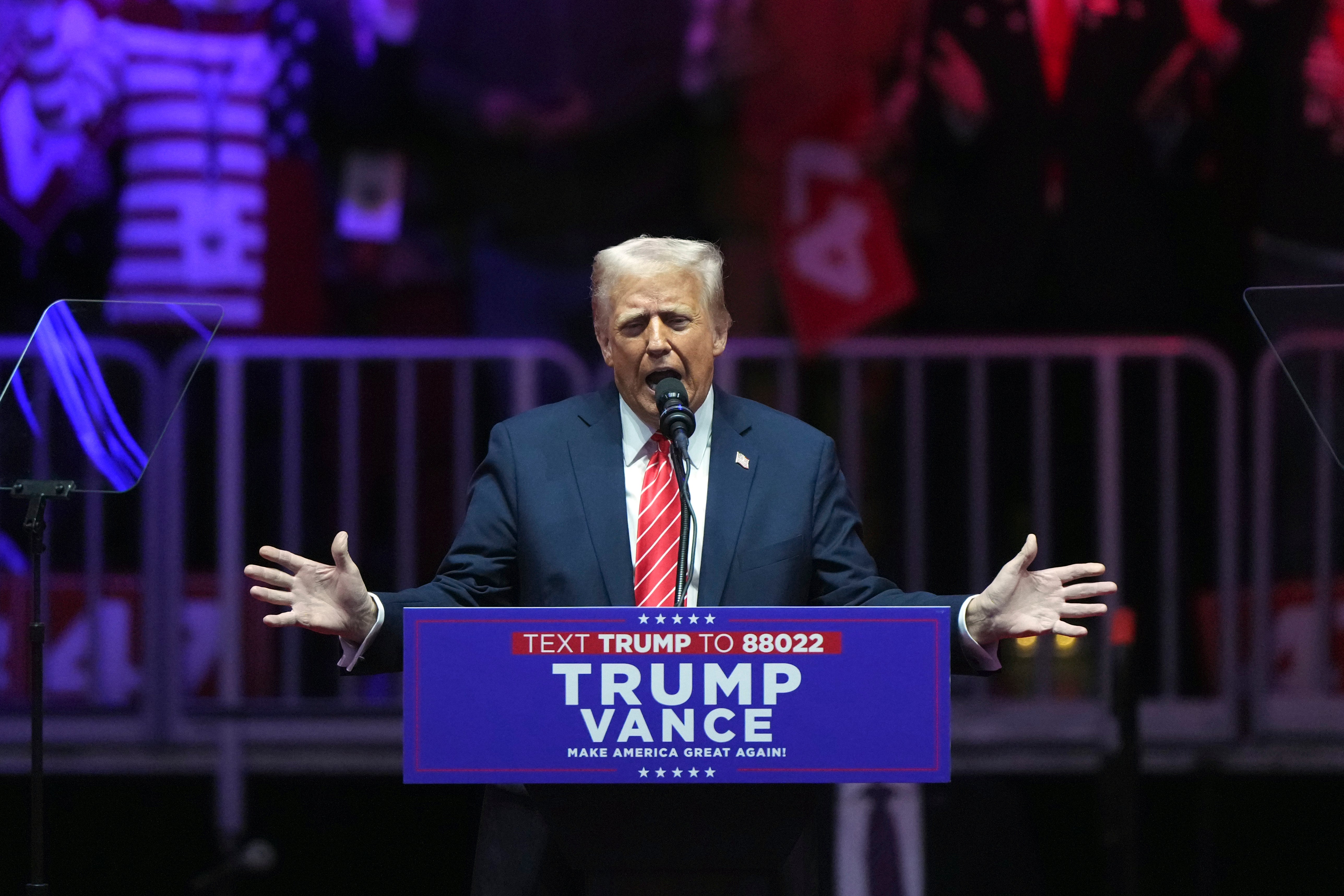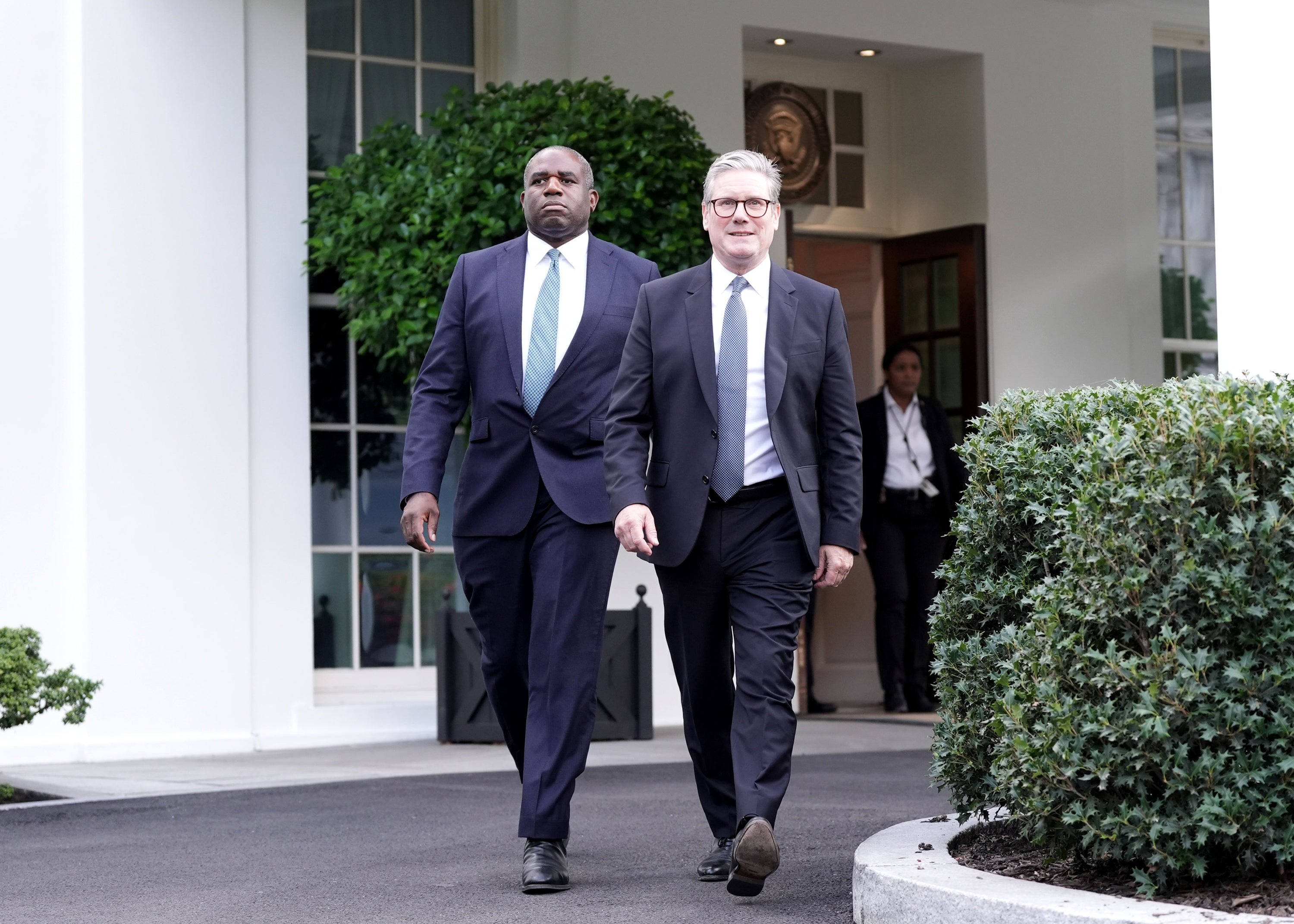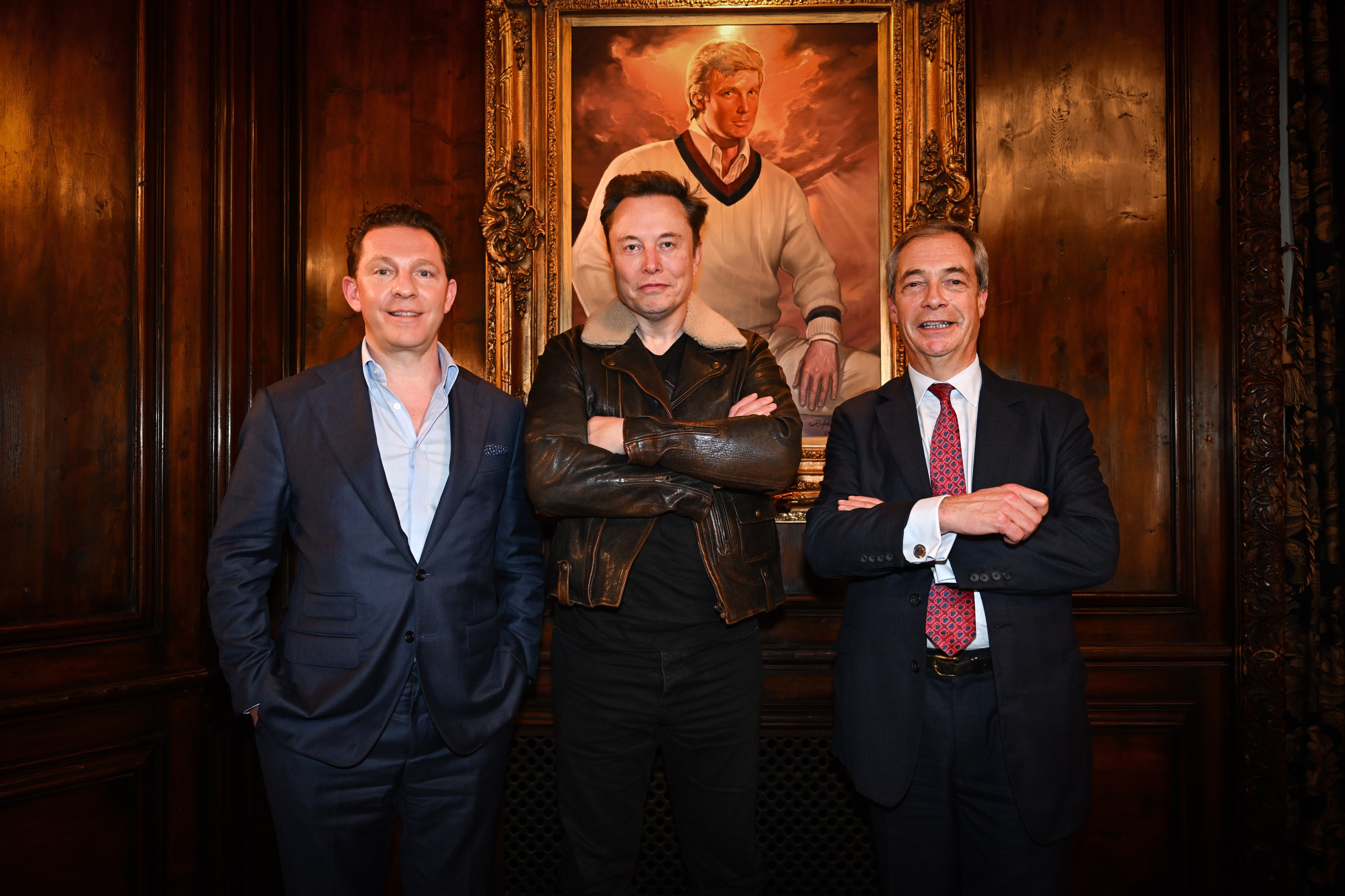Donald Trump’s second-term will begin today, kicking off four years which are likely to push the US-UK ‘special relationship’ to its limits. Much has been made of the tension between Sir Keir Starmer and the incoming US president in the build up to the day, with the pair seeming to disagree on a number of fronts.
How the prime minister will navigate this challenge will now be a key question for the rest of this government – one it’s likely he and his ministers never wanted to find out the answer to.
But “you meet the world as it is not you would like it to be”, as foreign secretary David Lammy said when pressed on his view of Trump’s second term. Alongside other ministers, he has changed his tone on the new US president from years’ past, instead taking a diplomatic approach with clear hopes to get off on the right foot.

The new US president, meanwhile, remains characteristically unapologetic. He has pledged to bring in 200 executive orders on day one of his presidency alone, with implications that will sweep beyond the US and across the globe.
Here are some of the key issues that may soon arise between the UK and the US:
Preparing for tariffs
“The most beautiful word in the dictionary” according to Trump, is ‘tariff’. The incoming president has said he plans to put a 10 to 25 per cent tax on imports from countries which have been “ripping [the US] off for years.” This is all but confirmed for China, Mexico and Canda, but for others it remains less clear.
Whitehall officials will be hoping the new US president won’t seek to impose a blanket border tax that includes UK exporters. The measure would be disruptive to many of the country’s businesses, at time when the economy is already struggling to see any real growth.
Ministers will likely now need to play a diplomatic balancing act, waiting to see what Trump’s approach to the UK is and preparing for all scenarios. Given Labour’s manifesto pledge to ‘reset’ the country’s relationship with the EU, it’s thought that the prime minister could look to offset any US tariffs by seeking out stronger trade ties with countries across the channel.

The Liberal Democrats have called for the government to go further and form a new customs union with the EU to pre-empt any negative effects from Mr Trump’s presidency. However, ministers’ recent statements indicate that the government is not looking not to make any moves that could be seen as antagonistic to the Trump administration, instead trying to salvage a good working relationship.
The war of words continues
But it’s no secret that Keir Starmer and Donald Trump are not the most politically, or personally, aligned. Whilst on the campaign trail, the incoming president’s team accused the “far-left” Labour party of acting unlawfully by sending volunteers to assist with opponent Kamala Harris’ presidential bid – and the war of words hasn’t stopped there.
Many of them have been said, or typed, by Trump ally Elon Musk. The world’s richest man began making appearances at the incoming president’s campaign events towards the end of the trail, but did enough to earn himself a place at the Mr Trump’s side as a head of his new ‘government efficiency’ unit.
Not long after securing his new job, the tech billionaire began taking aim at Sir Keir and his government, often to an extreme degree. Taking to Twitter / X, the platform he owns, at the start of the year, Mr Musk accused home office minister Jess Phillips of being a “rape genocide apologist” who “deserves to be in prison”. He also wrote that the prime minister was complicit in “the worst mass crime in the history of Britain.”

Paired with his outspoken support of Reform UK (although not always of its leader, Nigel Farage) Sir Keir has not found a natural ally in Elon Musk. Mr Trump has likewise expressed support for the UK’s relatively new right-wing party, calling Mr Farage a “friend” at one of his 2024 rallies.
The new president may even go so far as to block Labour’s pick Peter Mandelson for the UK ambassador to the US, The Independent recently reported. This extremely rare step would undoubtedly be a disappointing act of hostility for UK ministers.
Nato and Ukraine
Another area where the incoming Trump administration and Labour are likely to clash is on defence spending. The incoming president has said he feels the US spends more on defence than most Nato countries, calling for a new target of fie per cent GDP.
This is up considerably from the current two per cent target. The UK currently pledges 2.3 per cent, with intentions ro raise it to 2.5 per cent by this year. Given the tight economic contraints outlined by the Treasury, it’s unlikely calls to increase this futher would be welcomed by UK officials.
The incoming president has also said he would like to bring the war in Ukraine to a speedy end – and will now be able to use the US’s massive expenditure on Zelensky’s forces as a bargaining chip in discussions.

But some of his comments have prompted concern that Mr Trump may cede key Russian demands as part of a deal. This could include granting Vladimir Putin’s regime large regions of the country, or deferring Ukraine’s Nato membership bid. The incoming president has previously said that he “understands [Russia’s] feelings” about having “somebody right on their doorstep.”
If the war in Ukraine does move from military support to a possible peacekeeping operation, the prime minister has said that the UK will play “full part” in the plans.
Chagos deal
Another point of contention in the build up to Trump’s second term has been the UK’s ongoing discussions over the fate of the Chagos Islands. It’s thought that Labour officials were hoping to get a deal over the line with Mauritius before the incoming president’s inauguration, but has now been put on hold.
Although the plan had already been greenlit by the Biden administration, the prime minister’s spokesperson has said Trump will now be given the opportunity to “consider” the deal before it goes ahead. The deal was expected to be signed by 22 January, a Mauritian source said, but “overnight the British position changed.”
It was recently revealed that cross-Atlantic discussions between right-wing Tory and Reform politicians and Donald Trump’s team took place to ensure the deal was put on hold. The UK deal would see the sovereignty of the islands given back to Mauritius, but allow a key US-UK military base to be leased back.







